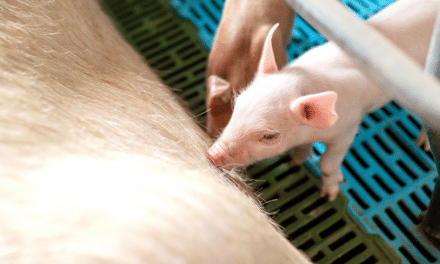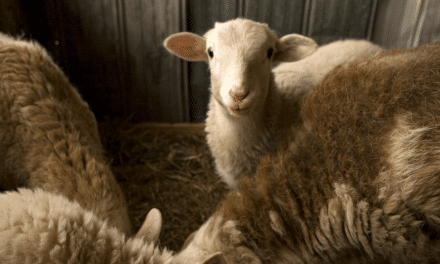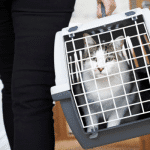The Pet Abduction Bill 2023-24 received Royal Assent on 24th May 2024. The Pet Abduction Act 2024 will come into force in England and Northern Ireland in August 2024. Prior to the Act coming into force, theft of a cherished family pet continues to come under the Theft Act 1968. Under that Act pets are classified as property meaning that if the family dog is stolen, the law treats the theft in the same way as it does the theft of inanimate property such as a laptop. Under the new Act a person convicted of stealing a pet dog or cat in England or Northern Ireland can receive a maximum penalty of up to five years imprisonment, a fine or both and the welfare of the animal will be a consideration in sentencing. The Act contains power for the legislation to be extended by regulations to other animal species kept as pets.
In 2020 there were approximately 2,000 thefts of pet dogs reported to the police in England and Wales however because there was no separate identifiable offence of pet theft, reliable data is limited. In relation to the total population of dogs in the country (about 9 million in the UK in 2020), 2,000 cases of dog theft may seem like a relatively small figure. However, this crime has a serious impact on the victims (both human and animal) due to the close human-companion dog relationship. Dr Daniel Allen (Keele University), whose extensive research on pet theft and its adverse impact on families, led a long, and now successful, campaign for pet theft law reform. His petitions passed 100,000 signatures in three consecutive years (2018-2020) demonstrating the strength of feeling amongst the public for a specific offence of pet theft. A number of factors drove the need for a change in the law: firstly, the need for appropriate sentencing that recognises the serious nature of the offence; secondly, to ensure sentencing is not simply dependent on the economic value of a stolen pet which may be small and does not reflect the real value of the pet to the family; and thirdly, to acknowledge the significant adverse effects on the wellbeing and welfare of companion animals and the people they live with.
In 2021 in response to an increase in pet thefts during the covid-19 pandemic, the government in England established the Pet Theft Taskforce that was commissioned to gather evidence and make recommendations. The Taskforce noted the Animal Welfare (Sentience) Act 2022 and the legal recognition of animal sentience. Based on this, the Taskforce examined ways “to better reflect the view that stolen pets are not mere property but sentient beings”. It is therefore significant that the Taskforce recommended a new ‘pet abduction’ offence, choosing the word ‘abduction’ as opposed to ‘theft’ to reflect the status of cats and dogs as sentient beings with whom families can develop strong mutually supportive bonds. While a new offence of pet theft would perpetuate the idea of companion animals as property and focus solely on the owner’s loss, the new ‘pet abduction’ offence moves the focus to the welfare of the animal, as a sentient being, when sentencing defendants.
The key theme underlying this law reform is the property status of companion animals and how this is out of sync with reality. Most pet owners see their companion animals as family members or close friends. Anna Firth, who introduced the Pet Abduction Bill into Parliament as a Private Members Bill in 2023, said “The golden thread running through this bill is that dogs and cats are sentient beings. They are not mere property; animals and humans can and do form emotional bonds and there is a devastating impact when animal abduction takes place, both on people and on pets”. In a similar vein, the Environment secretary, in backing the Bill recognised “what treasured members of the family dogs and cats are. It is a deeply traumatic experience for both the owners and the pet when they are stolen”.
John Cooper KC, who has been a clear voice for legal reform in this area, states “For the first time in legal history, the law will acknowledge the special status of domestic animals and after centuries of treating them like property, grants them the status of sentient creatures, recognising their value to the millions of people who cherish them” (pettheftreform.com).
By Dr Debbie Rook



















